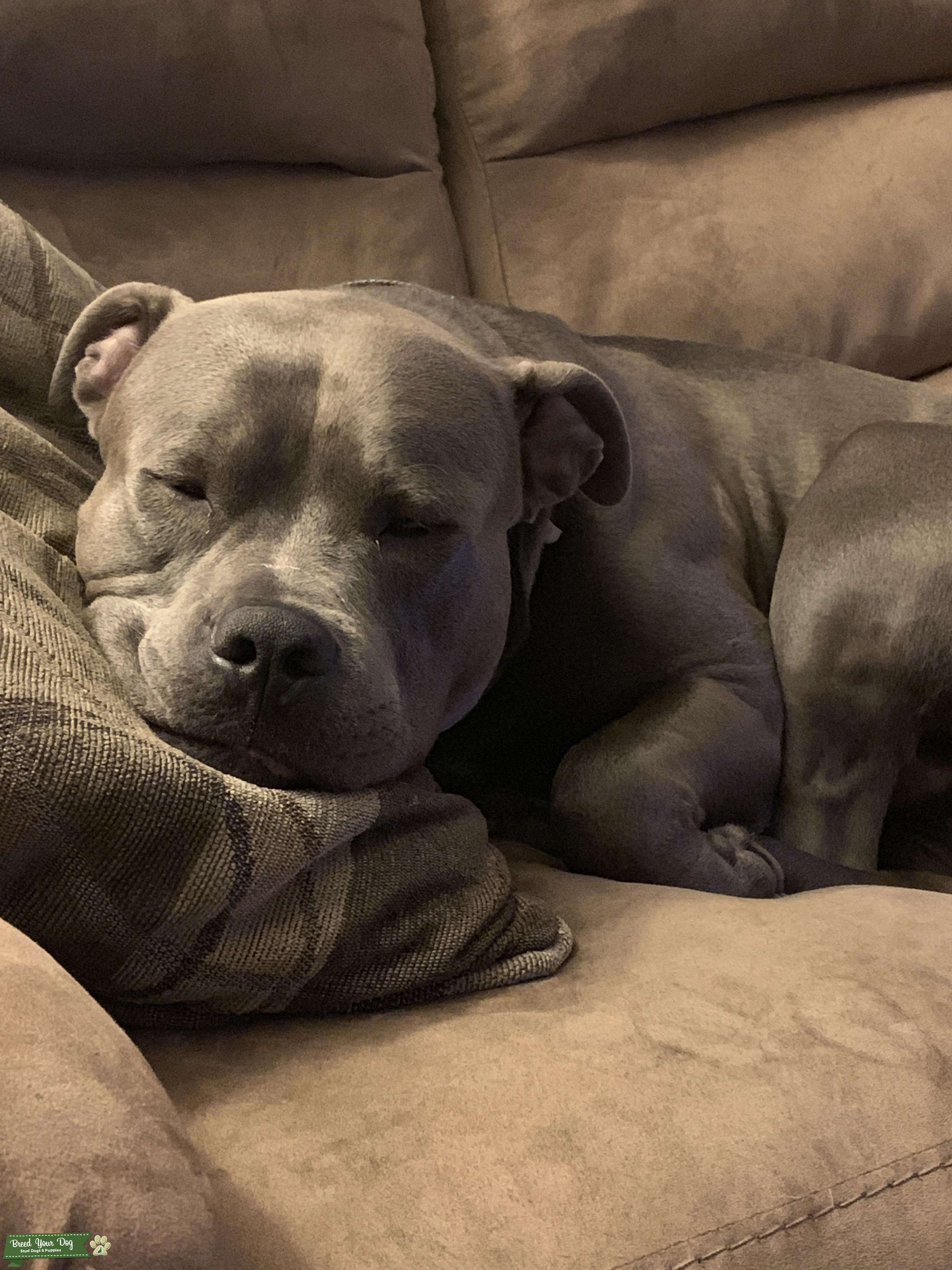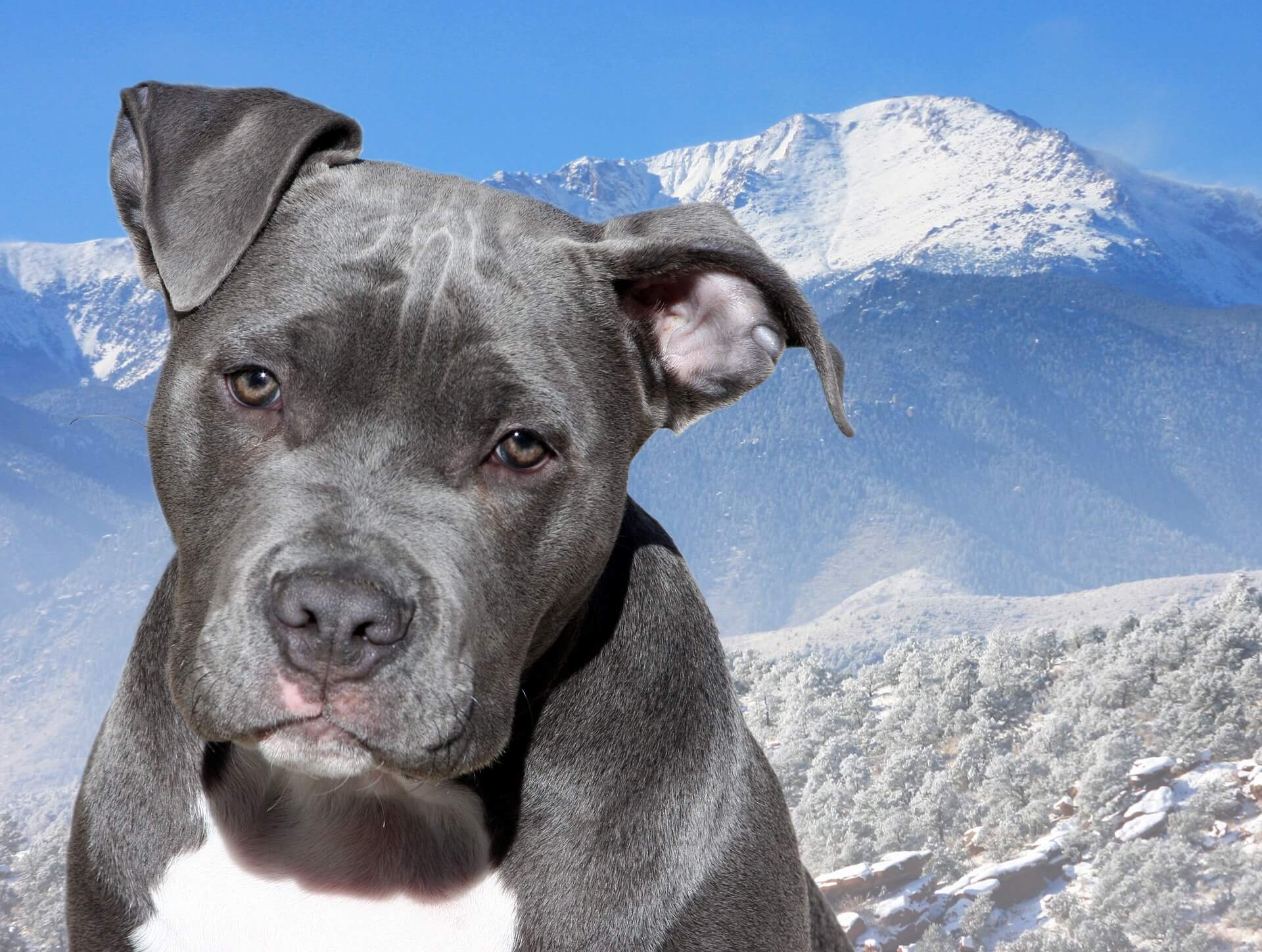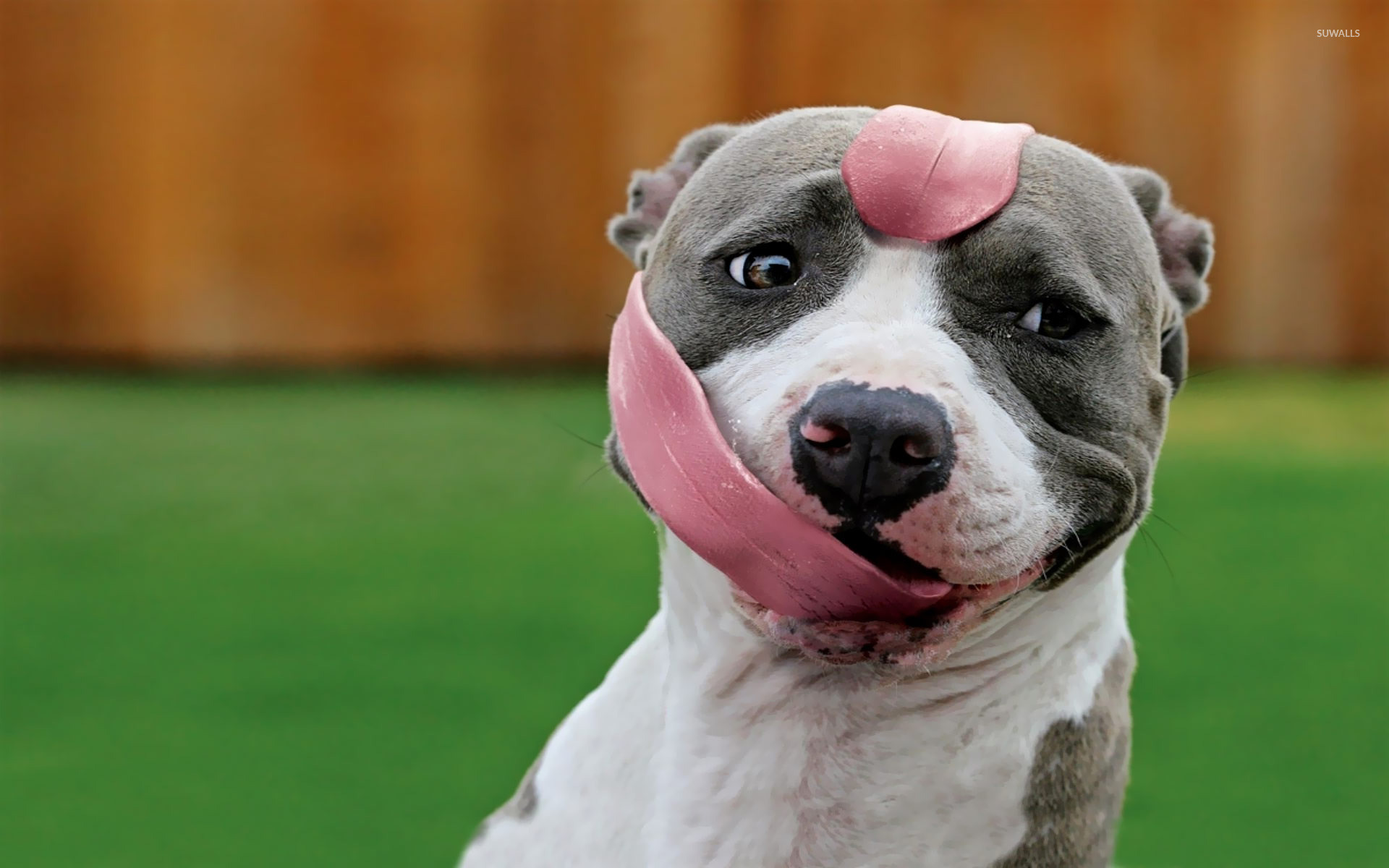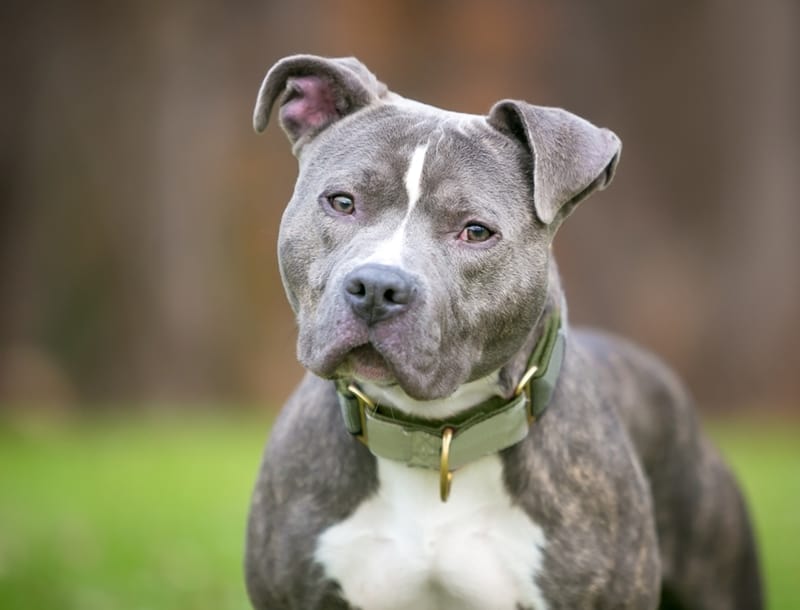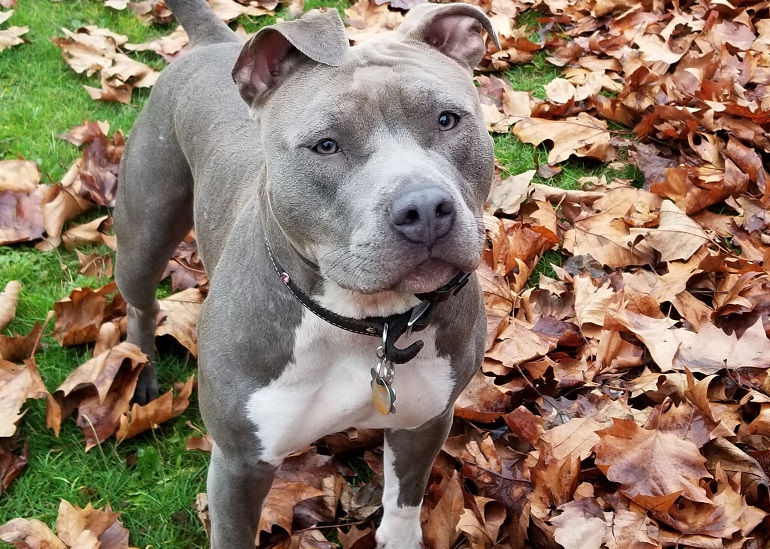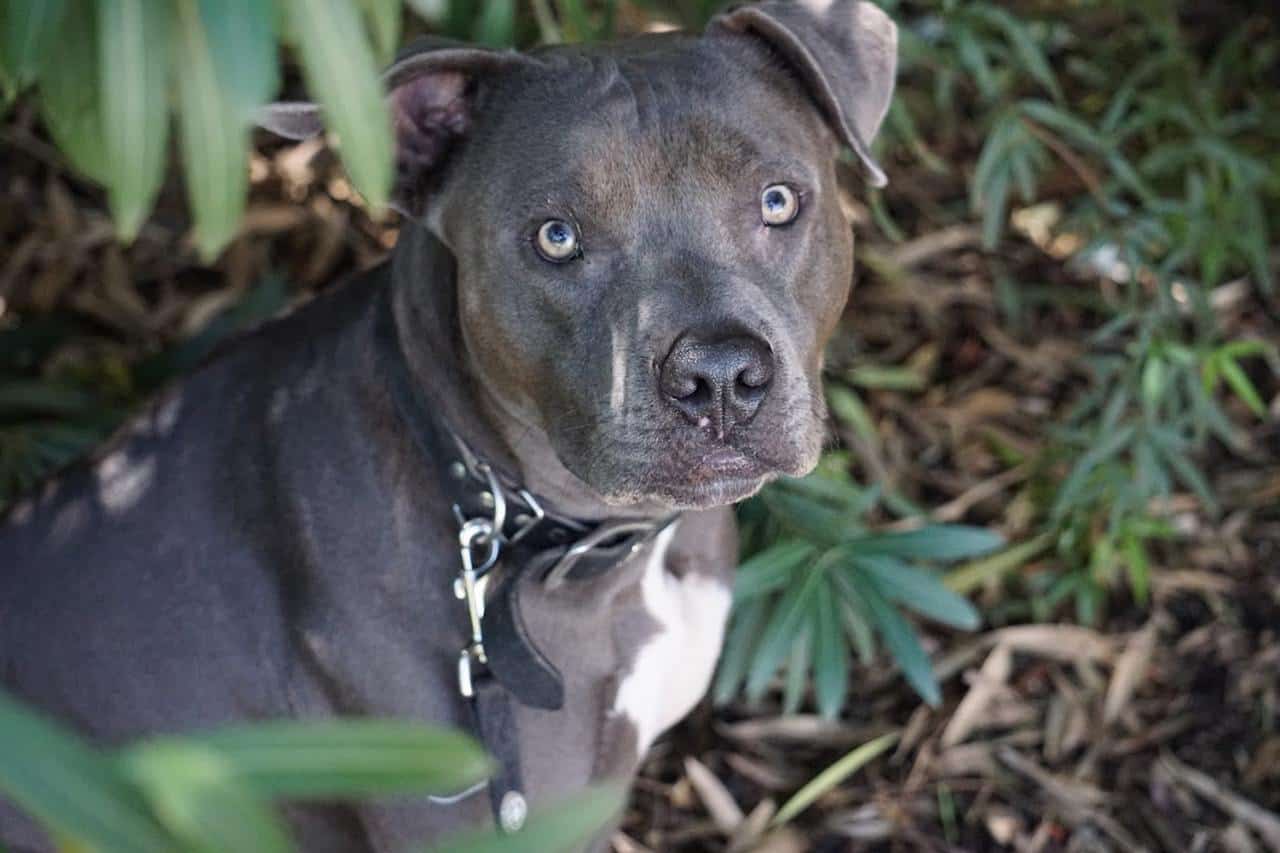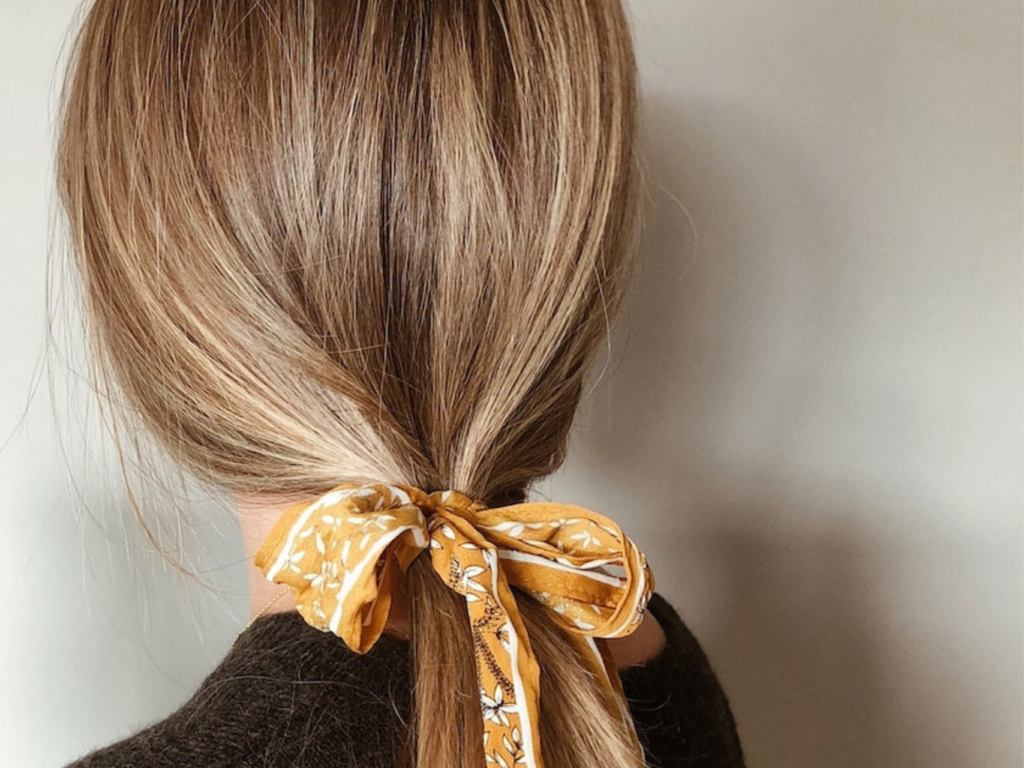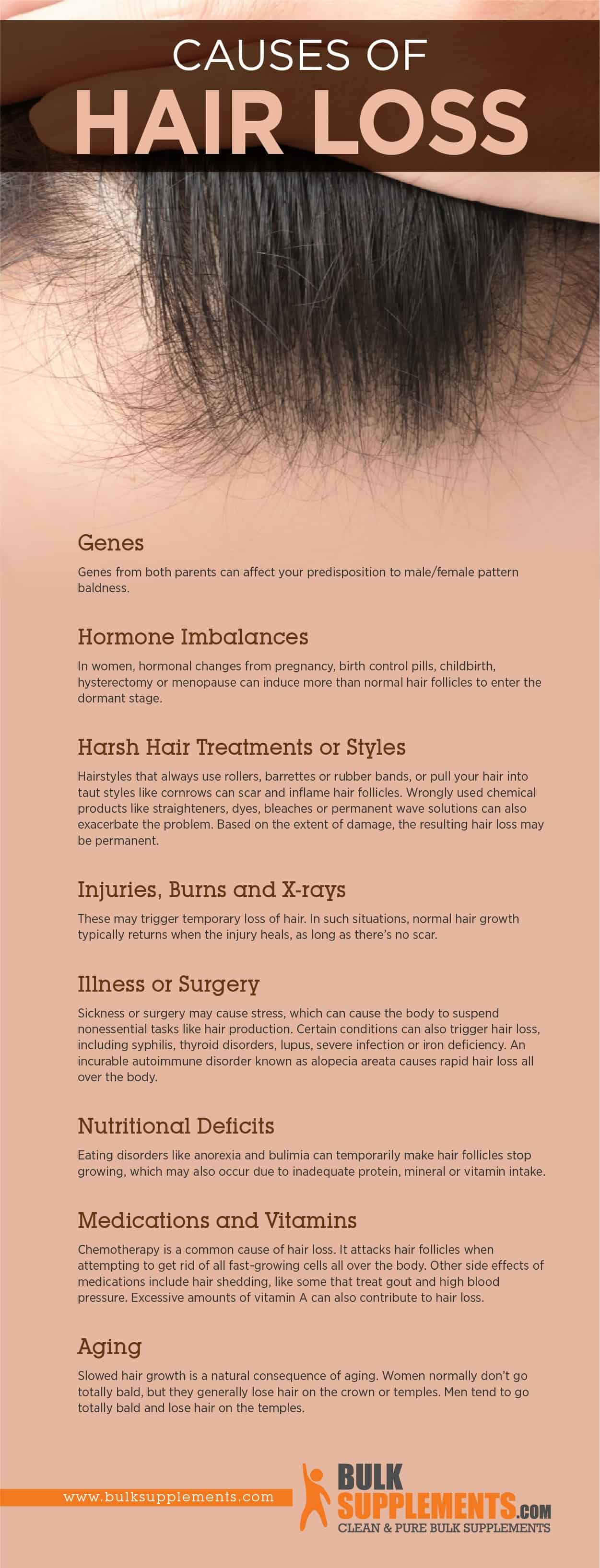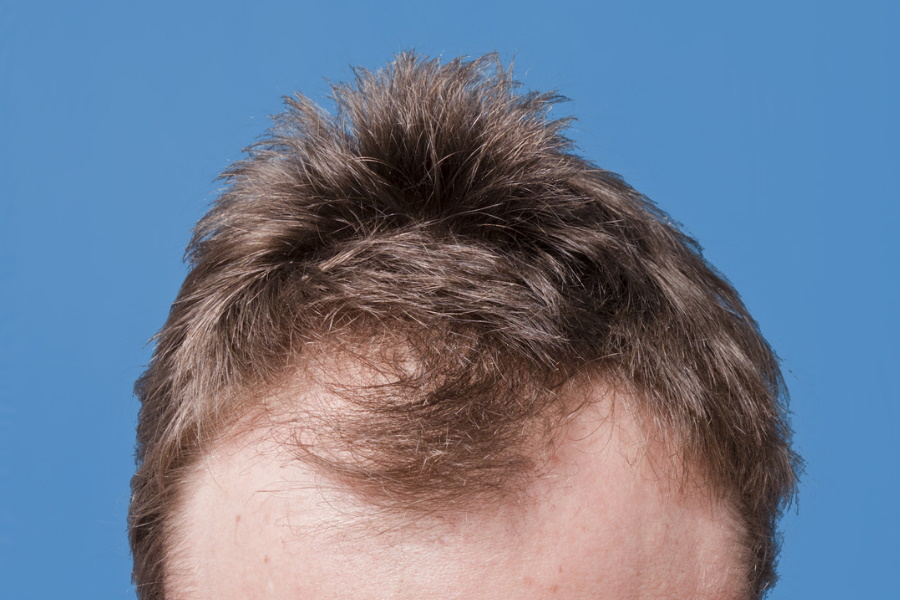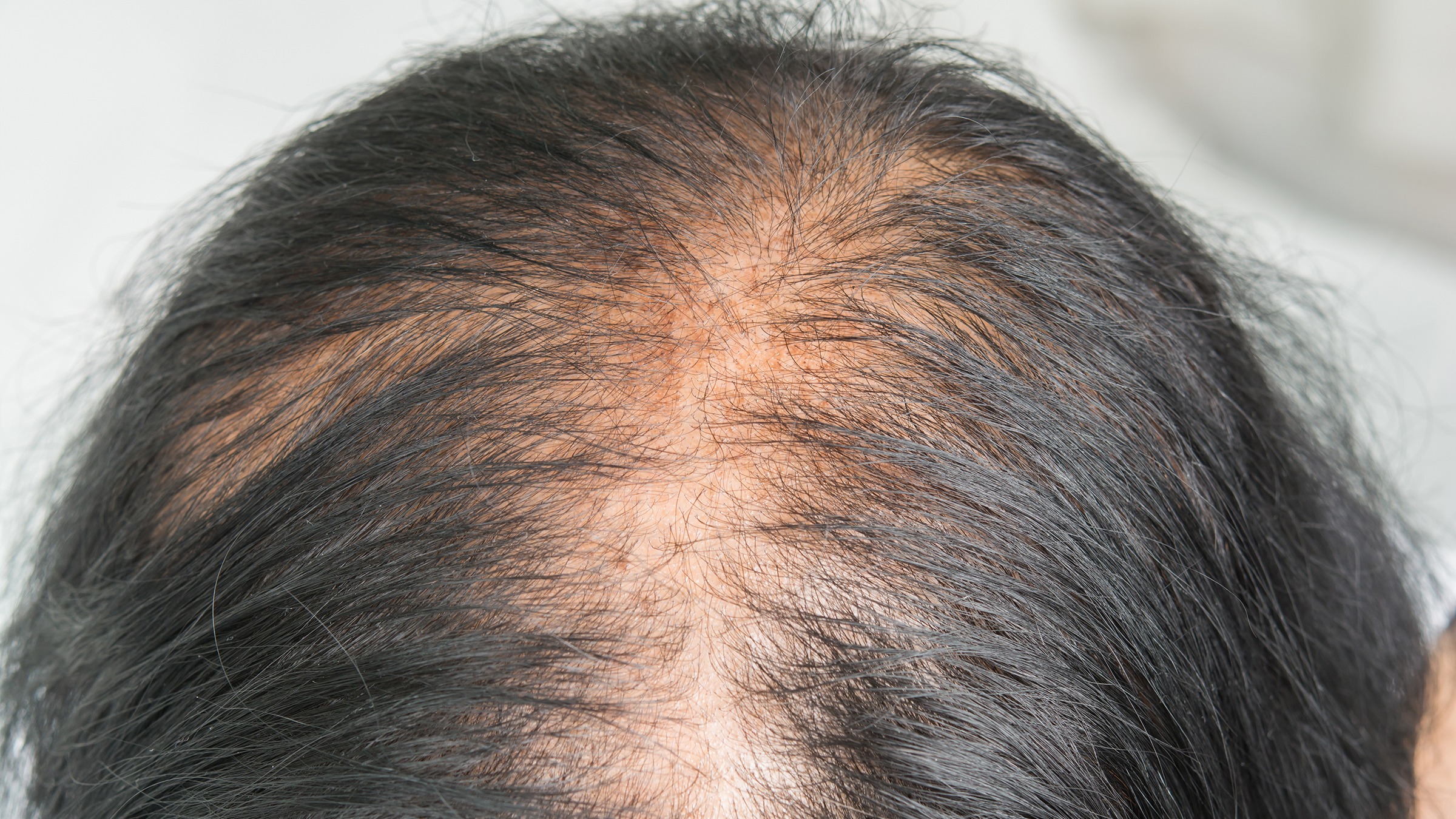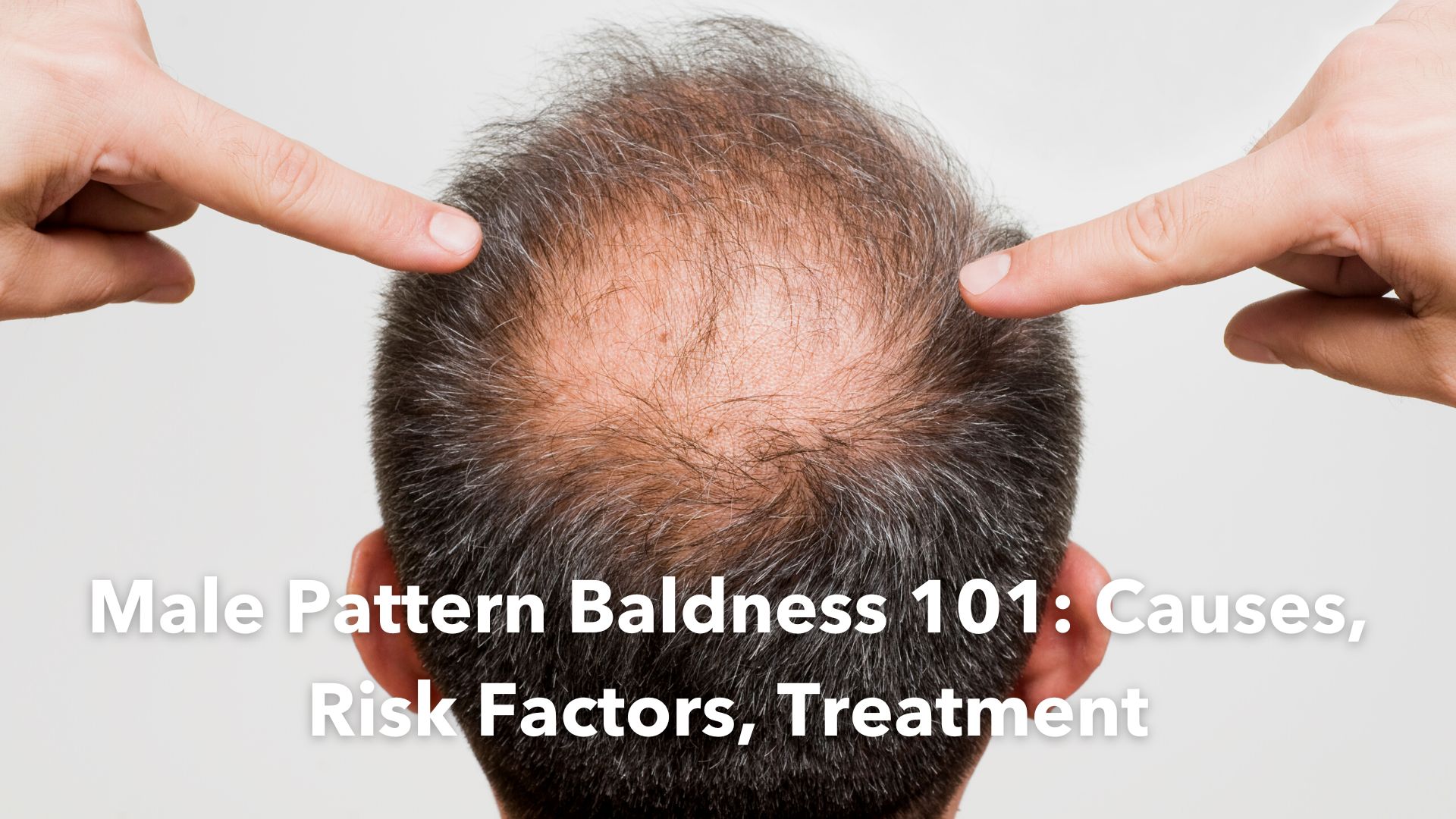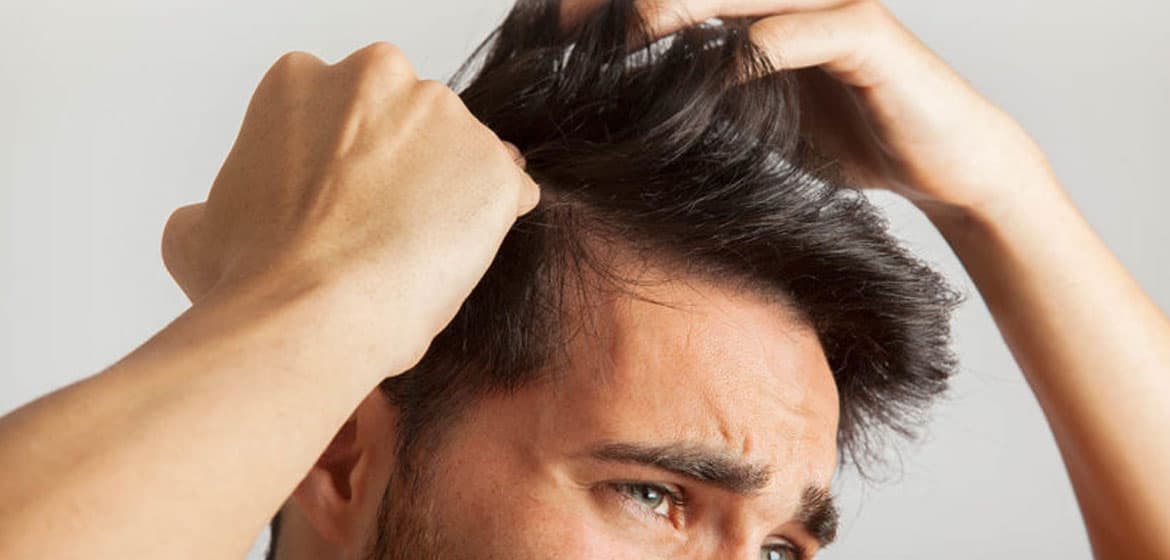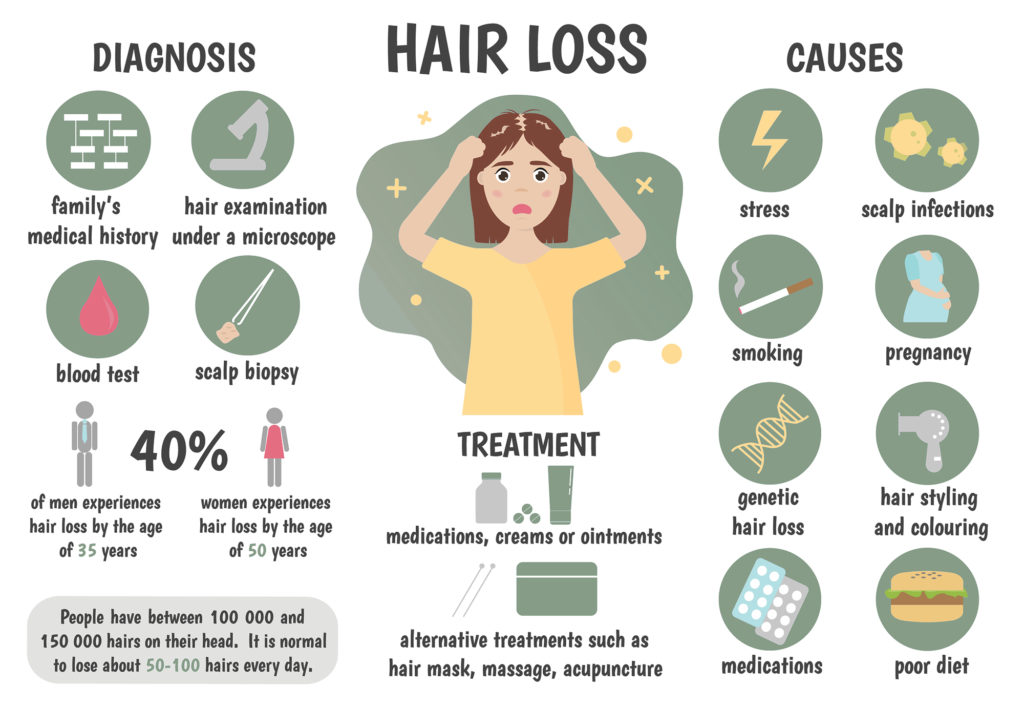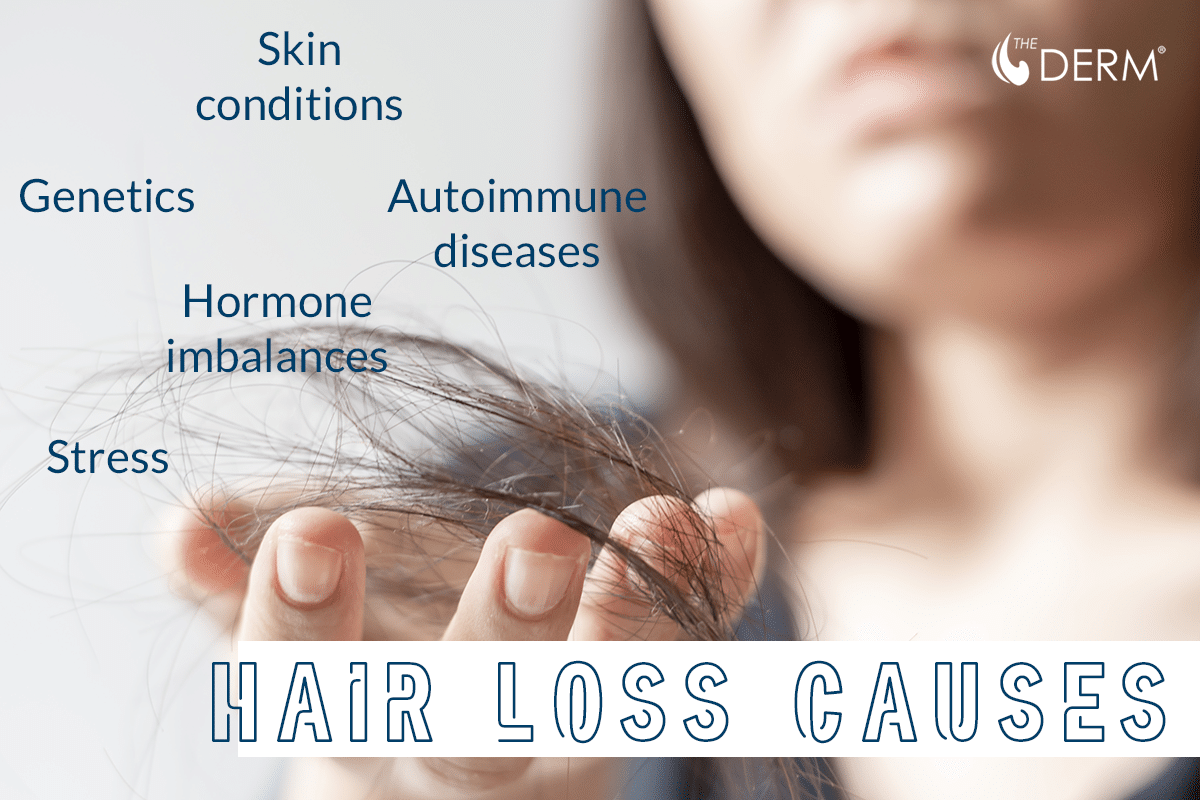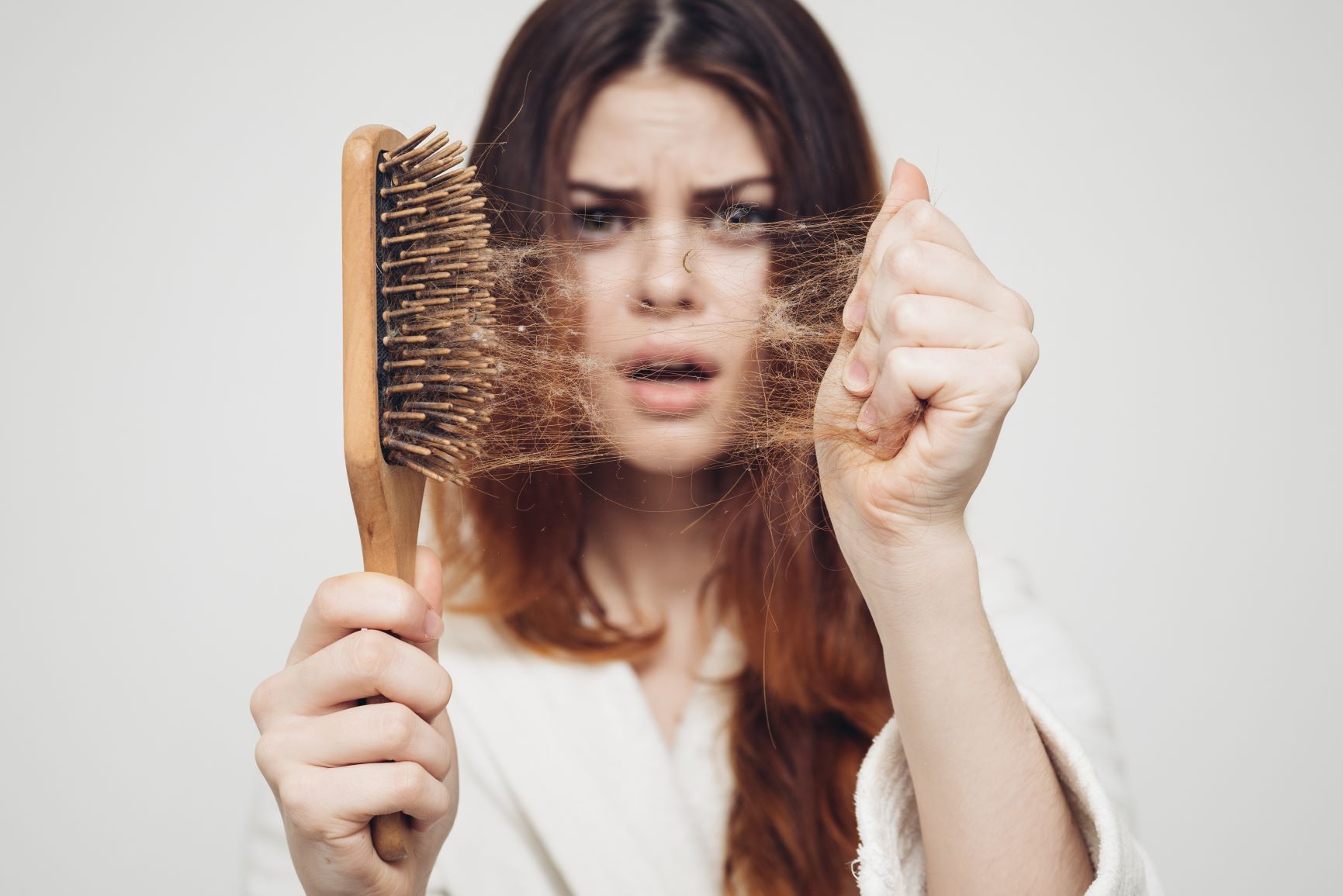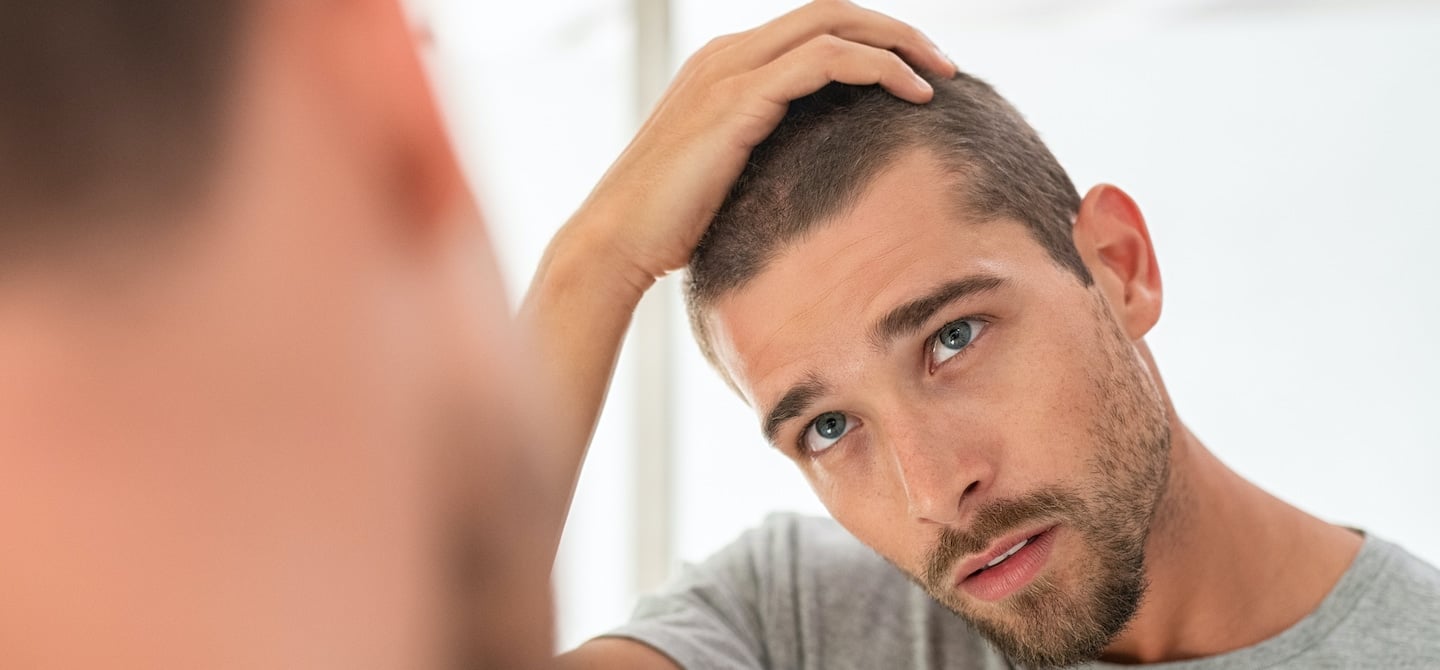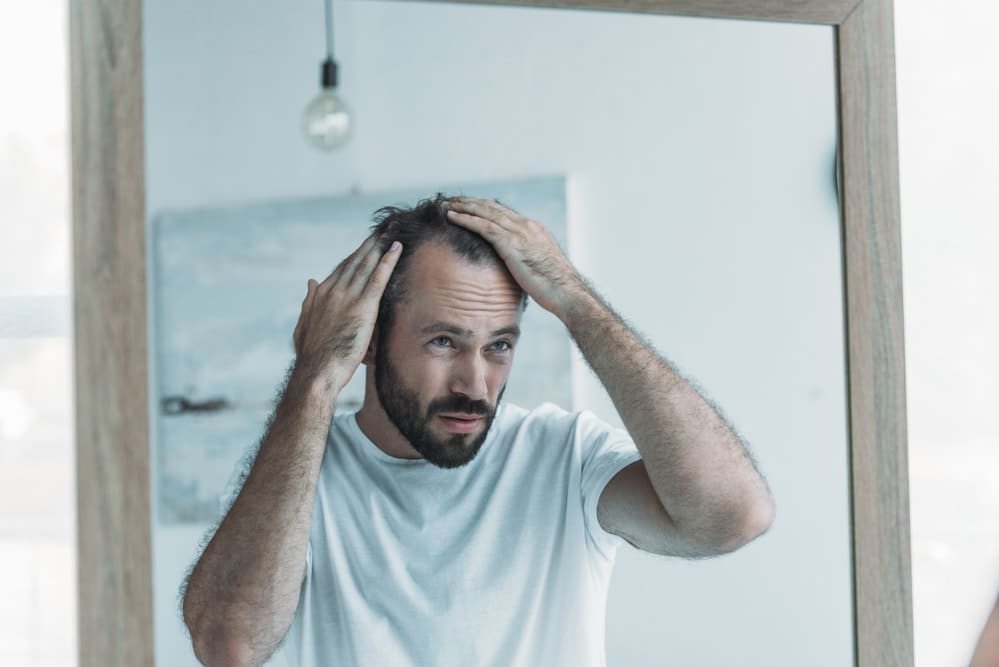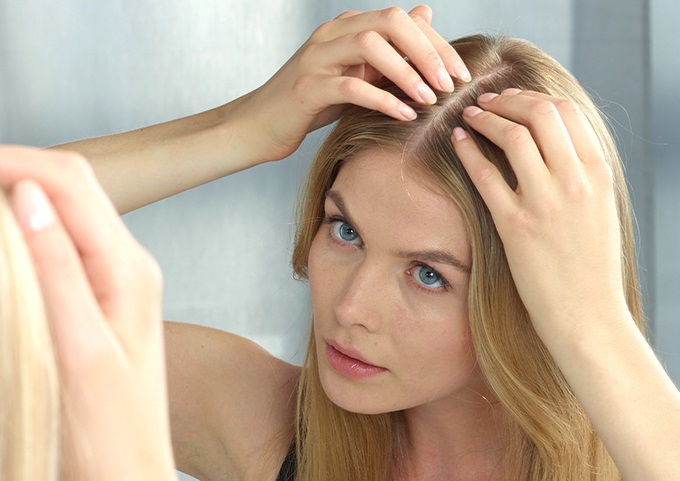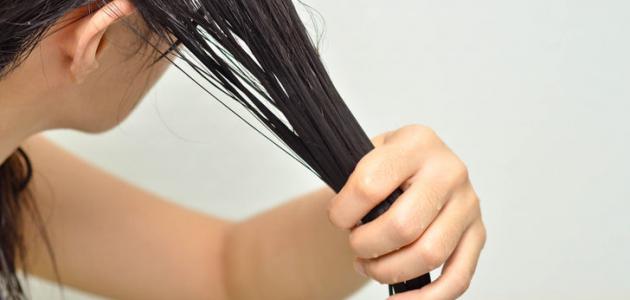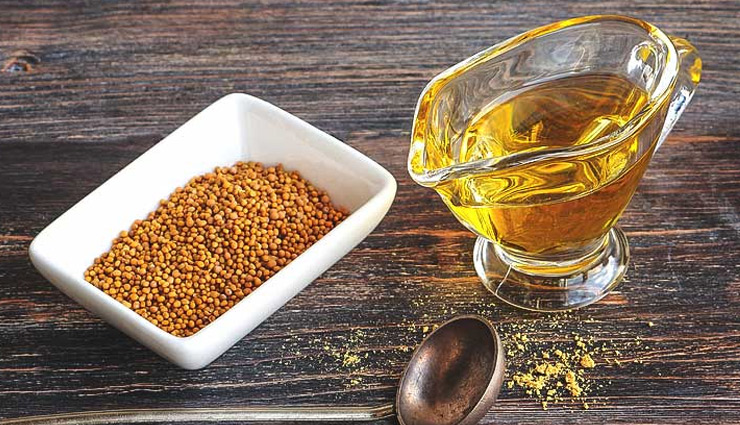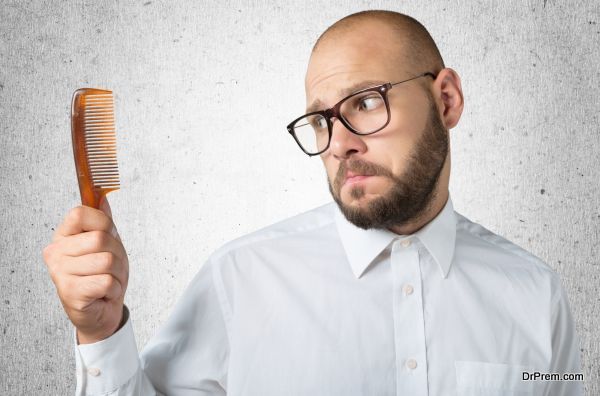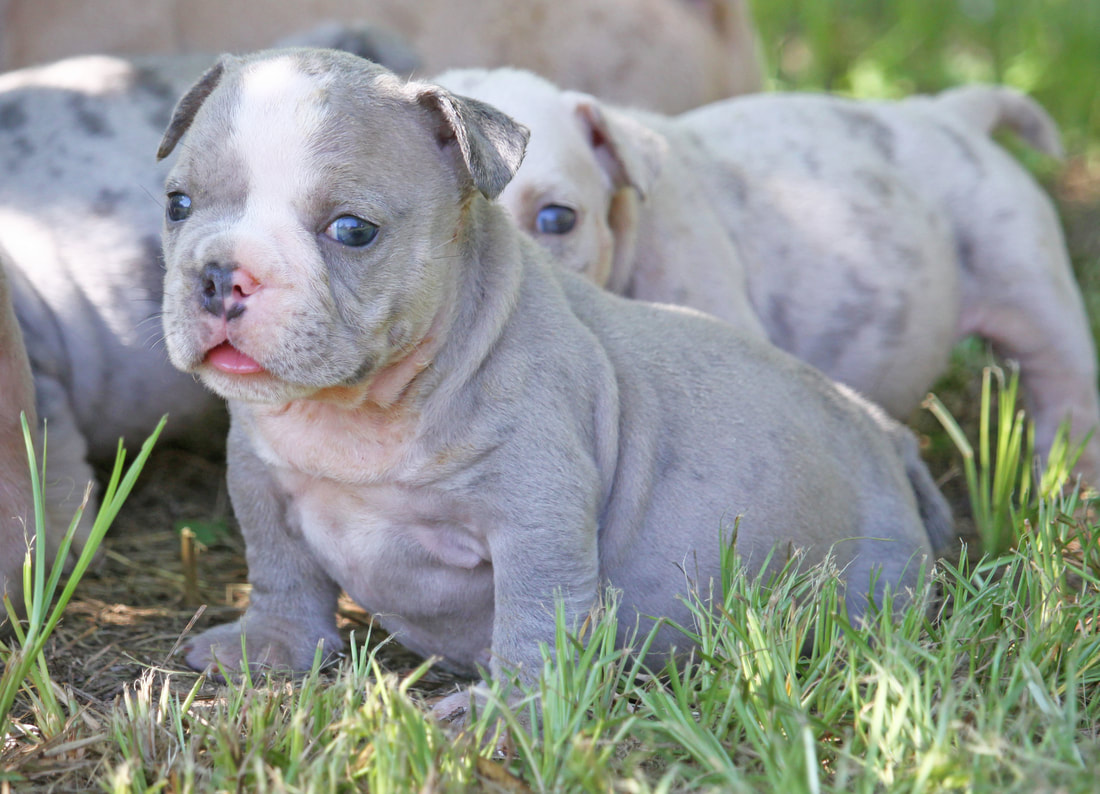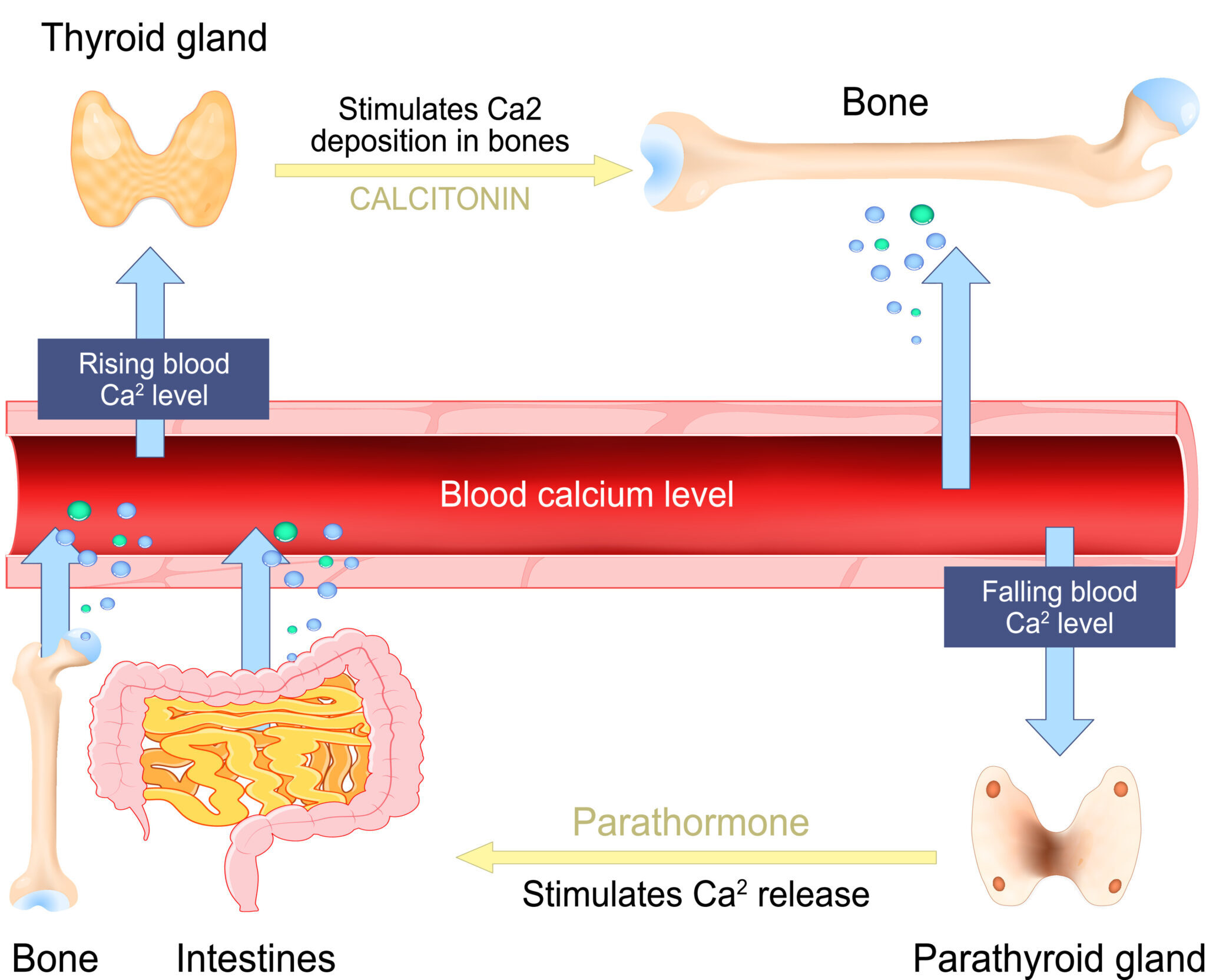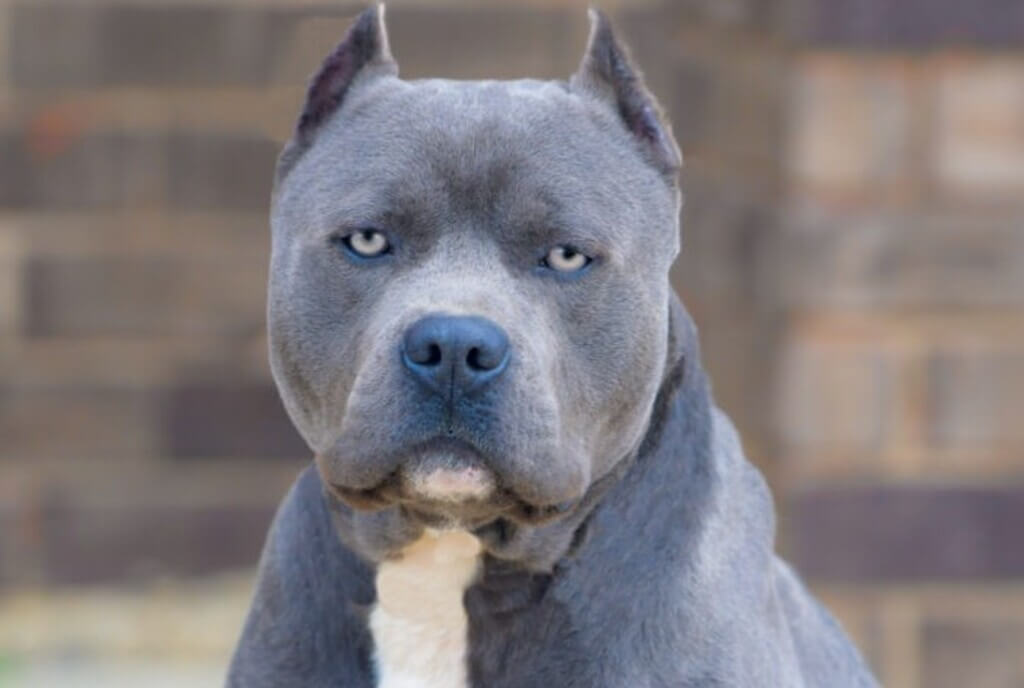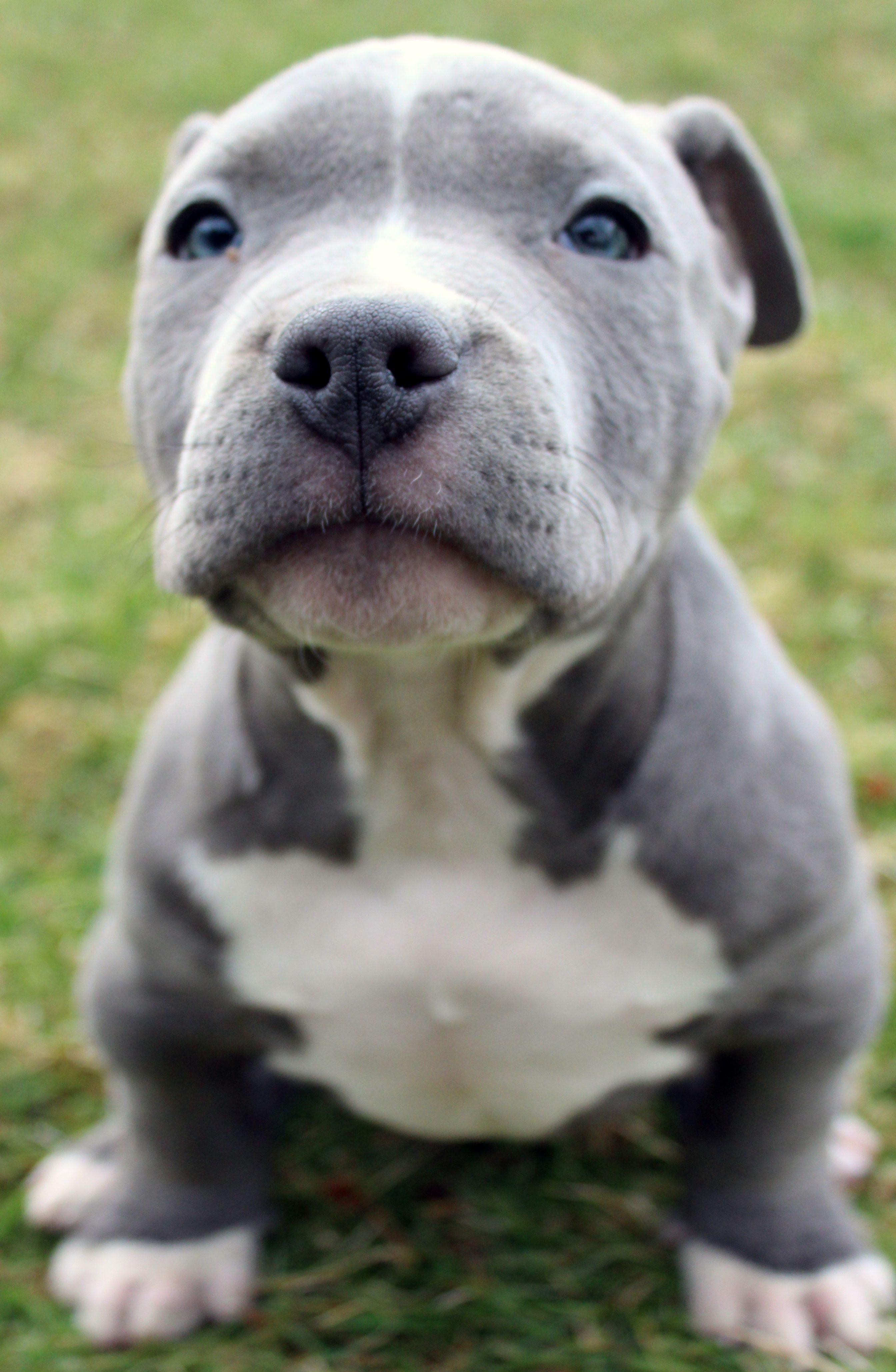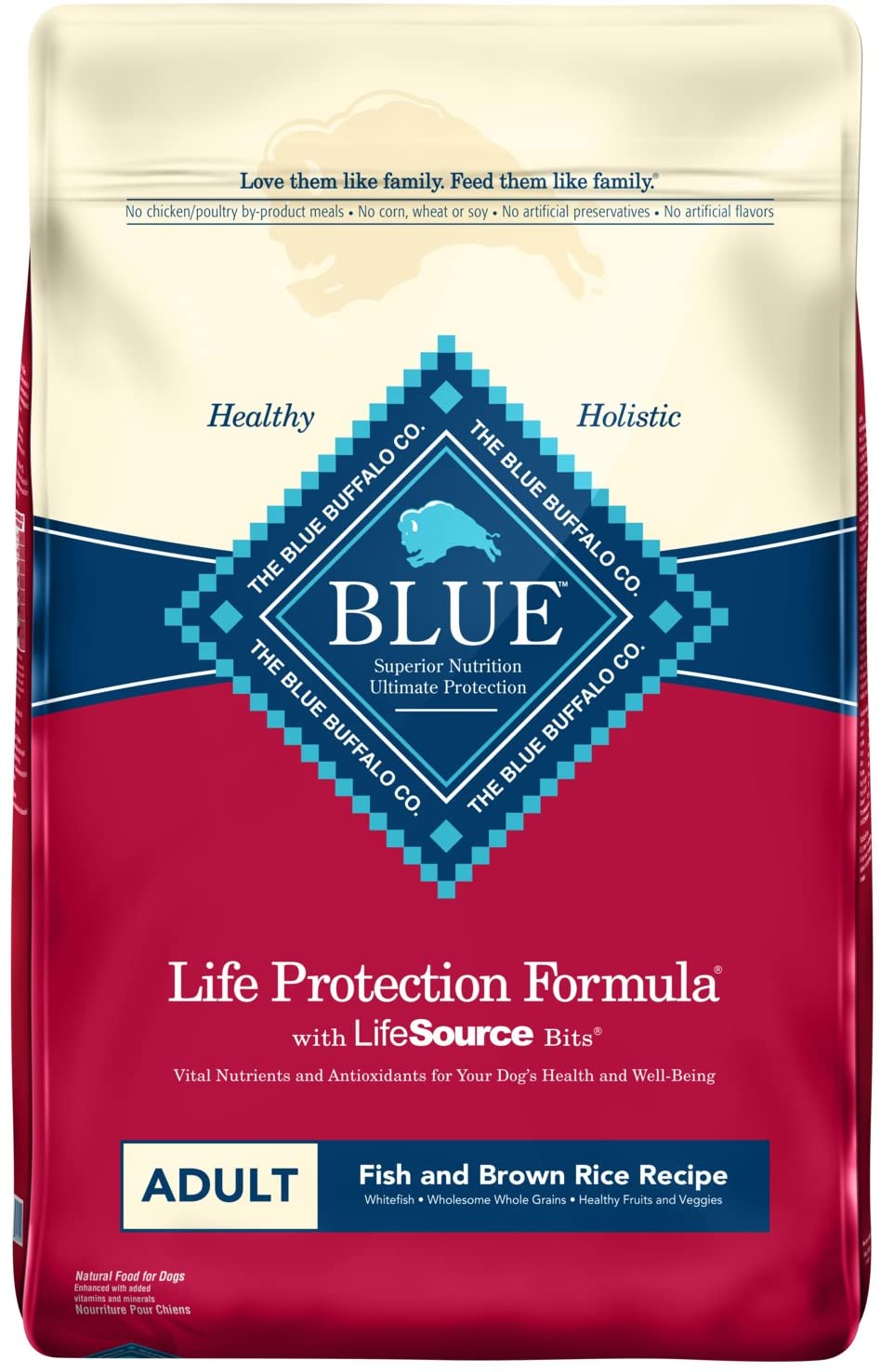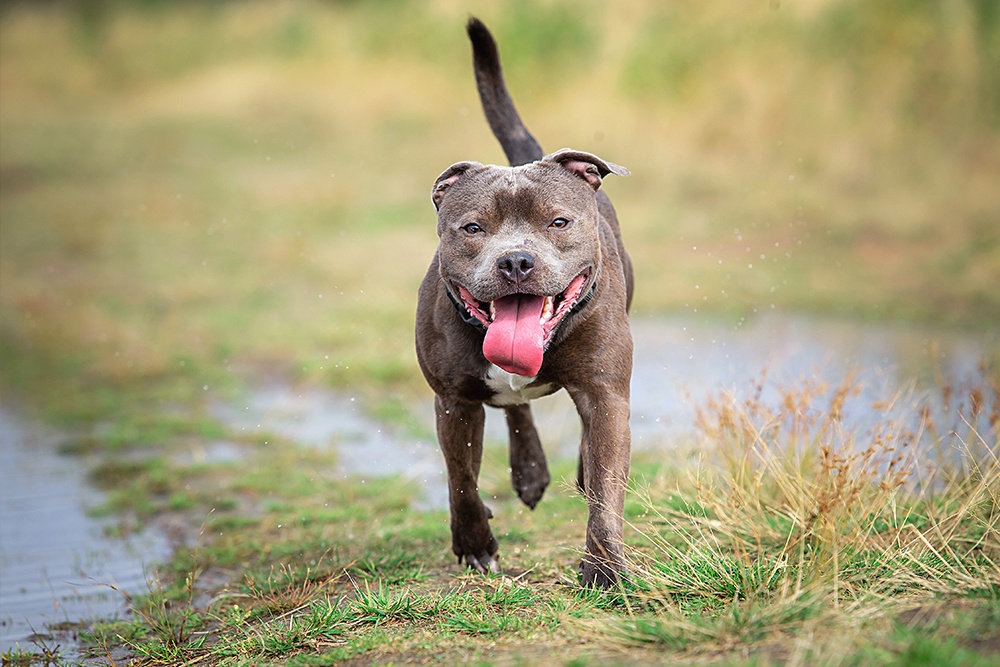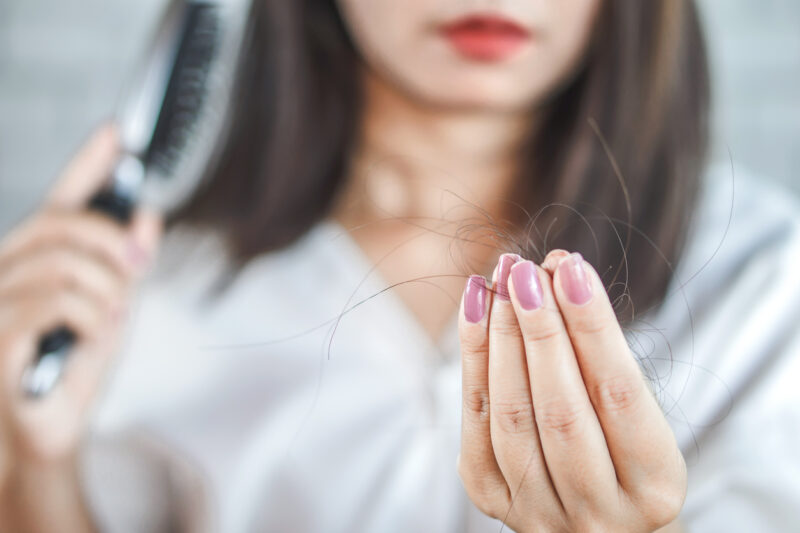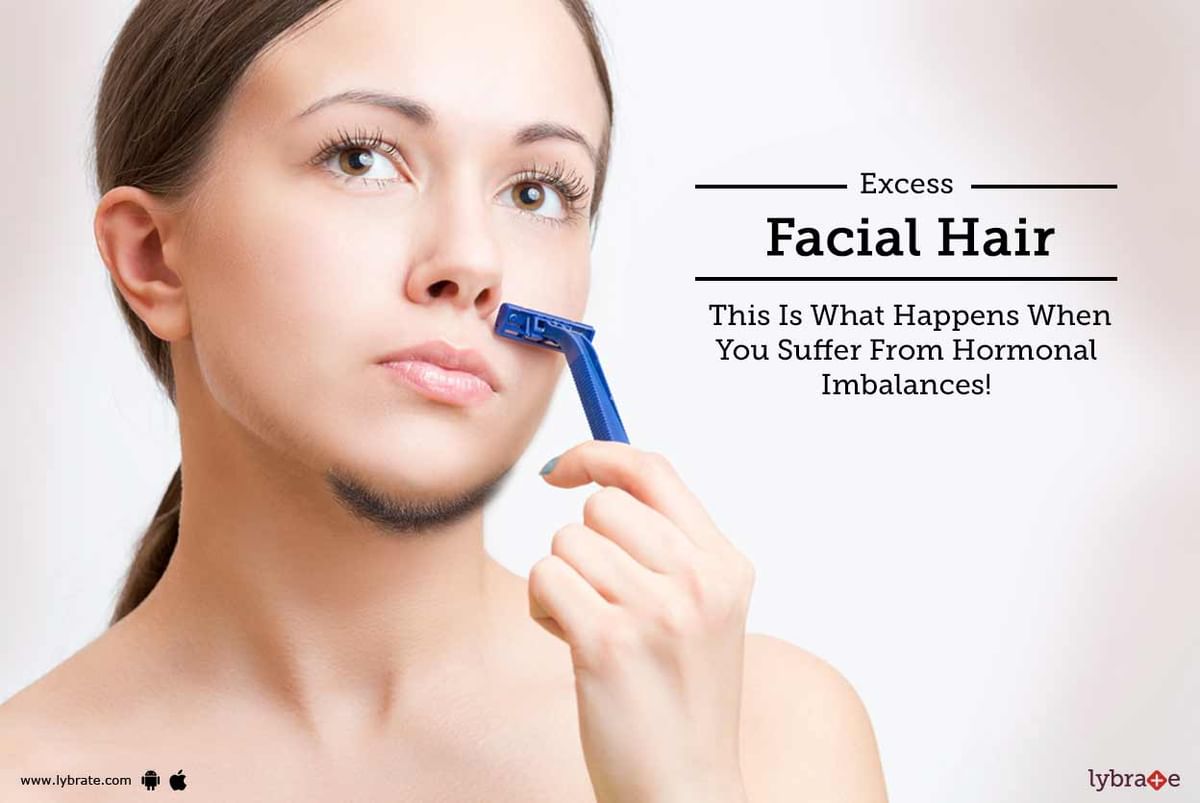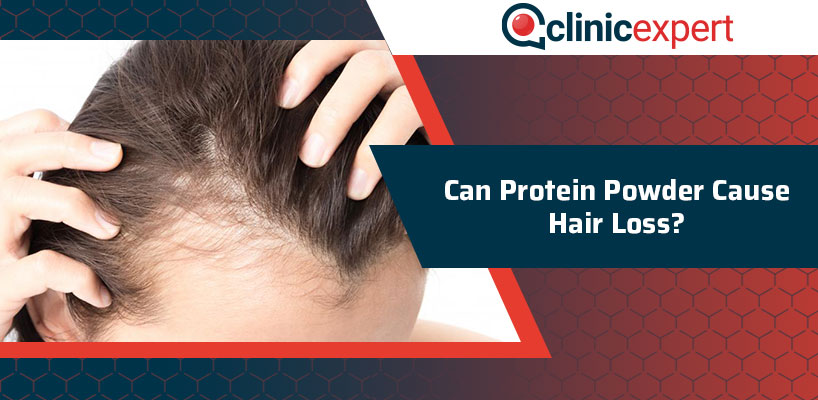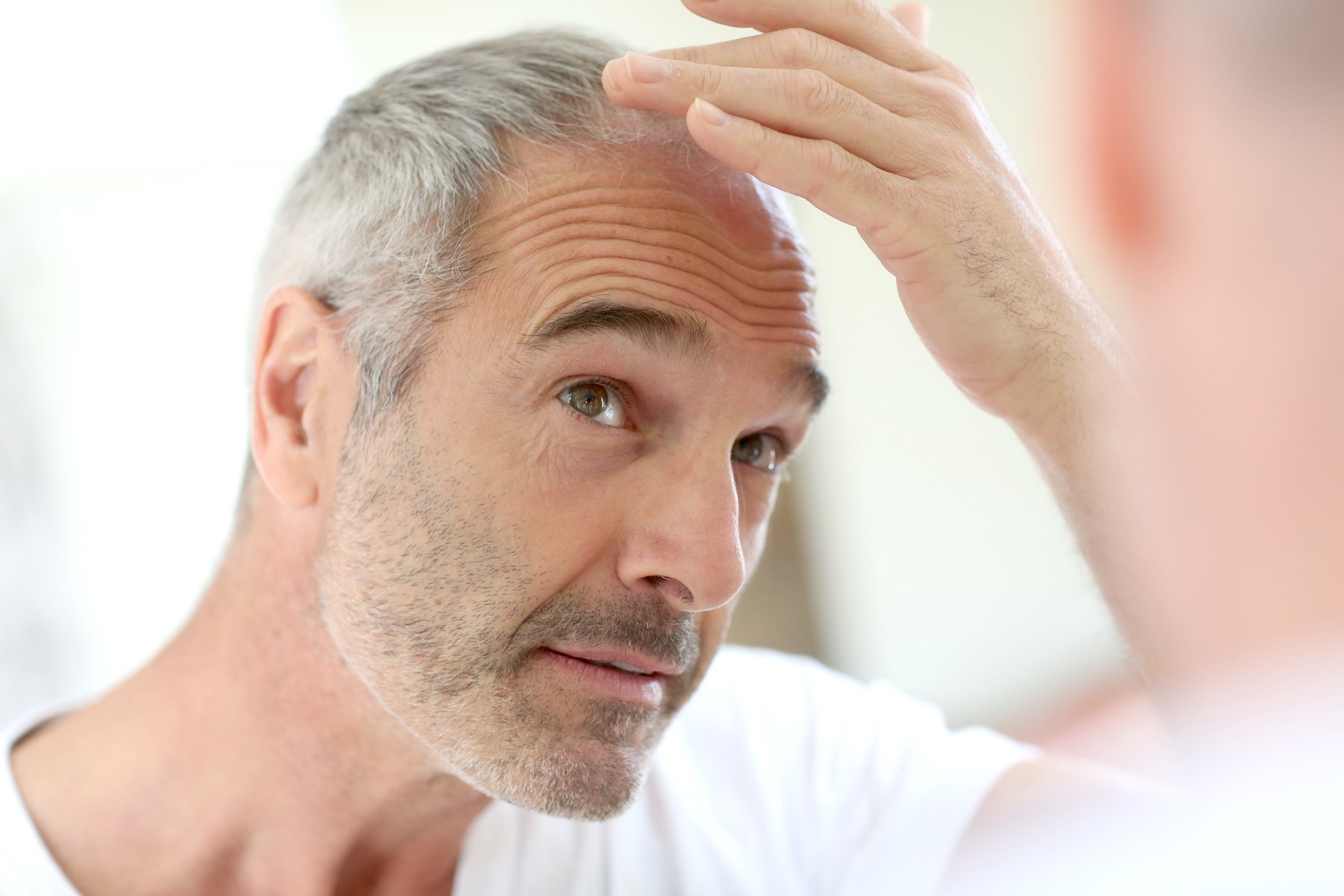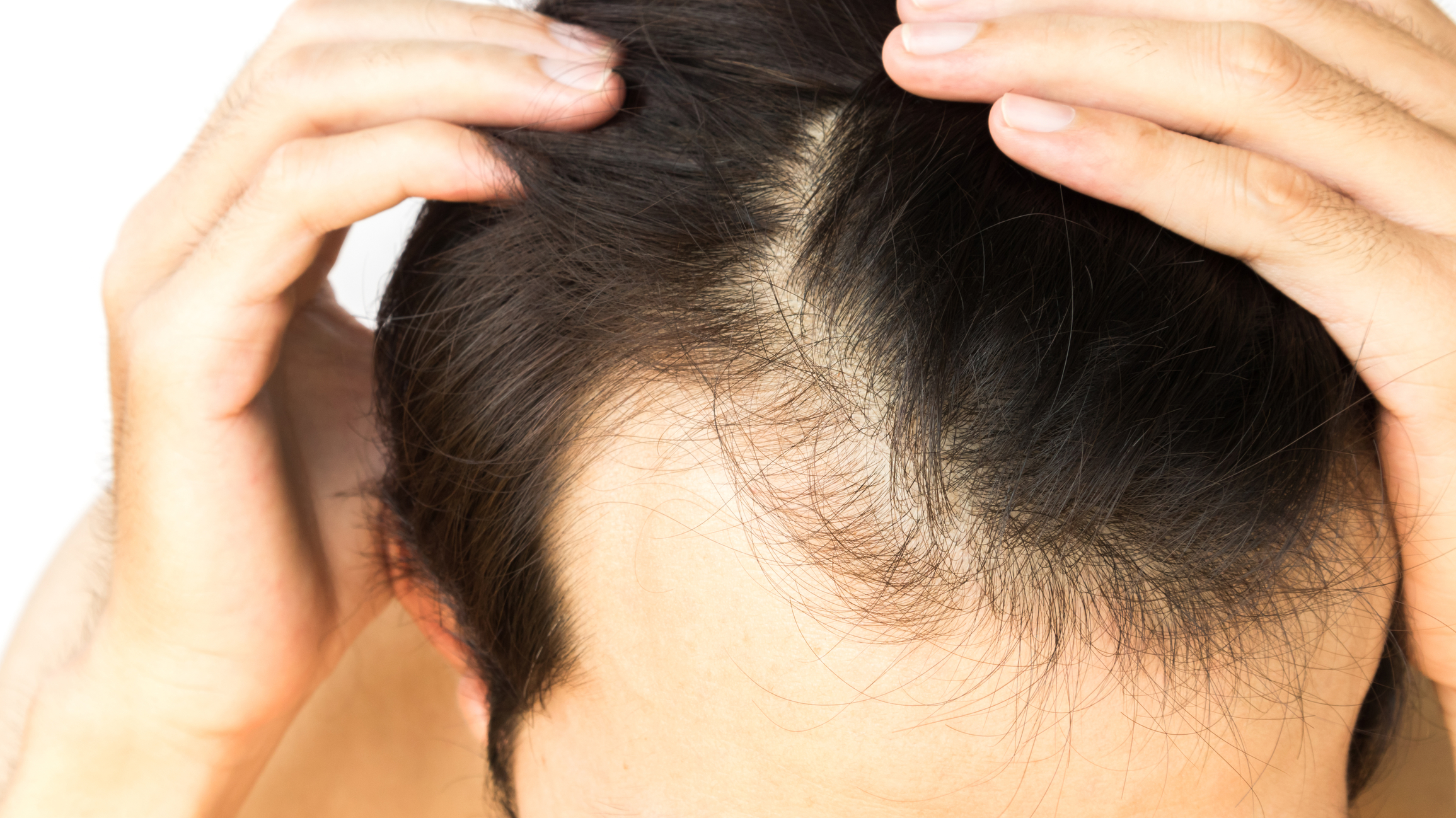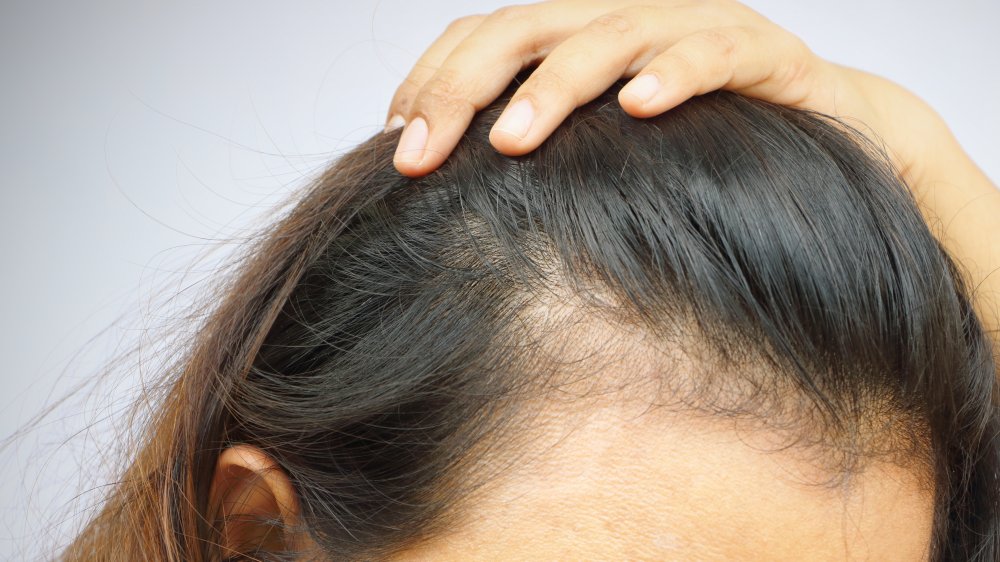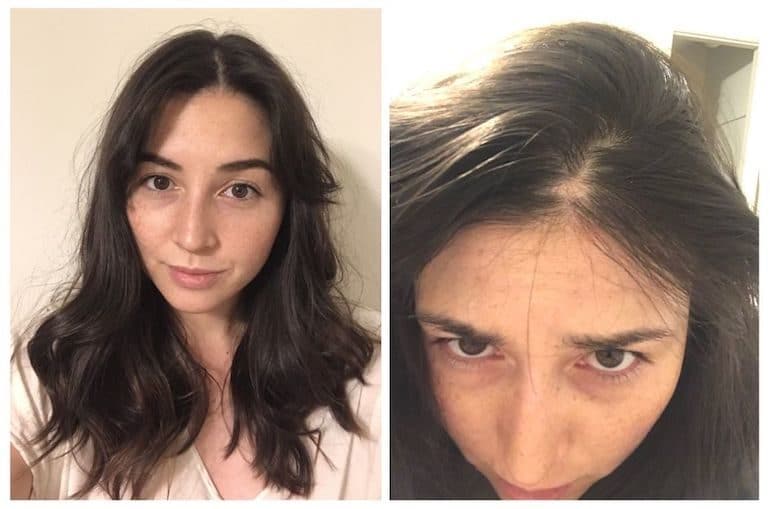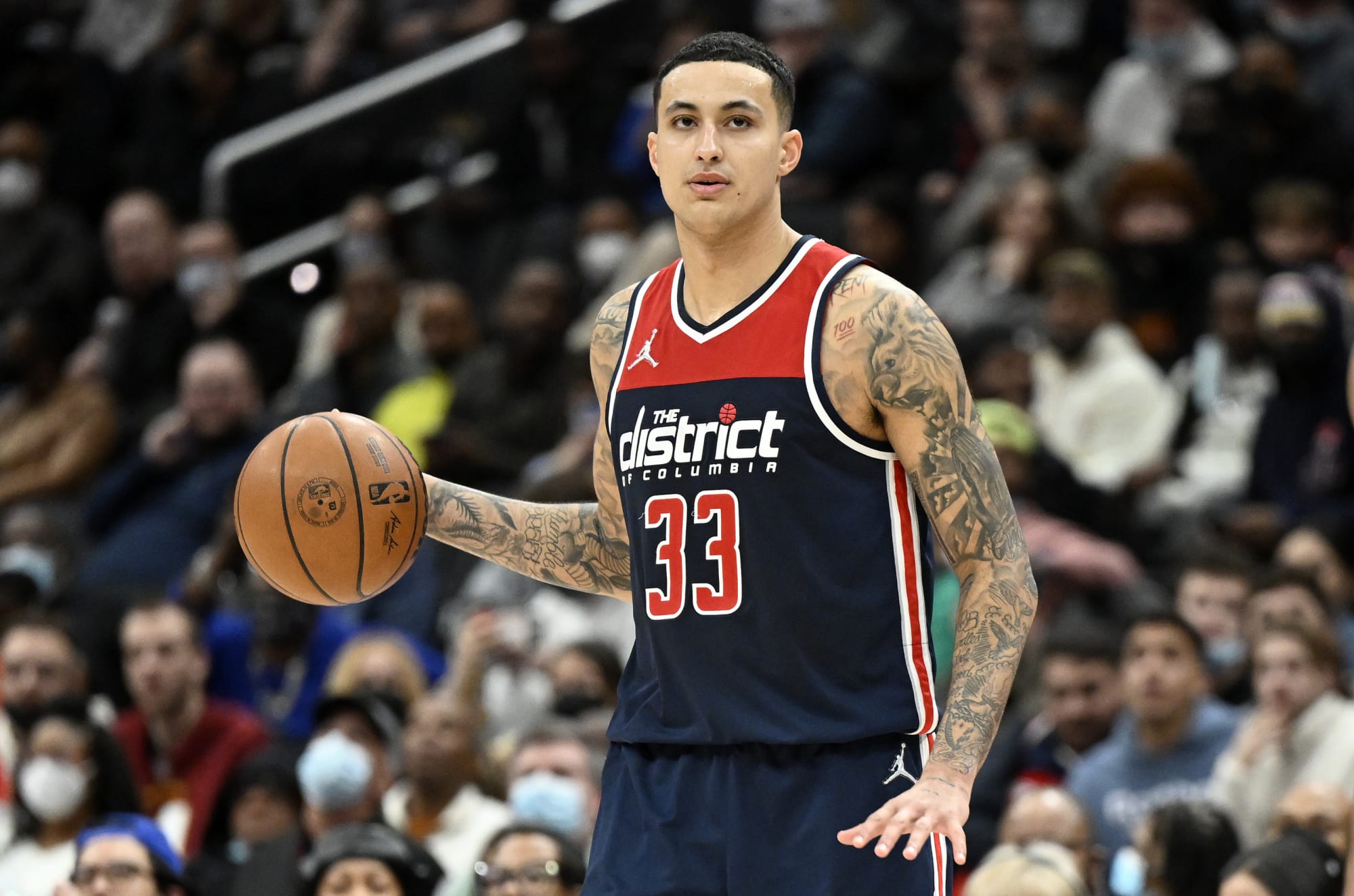Blue Pitbulls, also known as American Pitbull Terriers, are a popular breed of dog known for their loyal and loving nature. However, like all dogs, they are prone to certain health issues, one of which is hair loss. This can be a concerning issue for owners, but understanding the causes and treatments can help ensure the health and well-being of your furry friend.Blue Pitbulls and Hair Loss: What You Need to Know
Hair loss, also known as alopecia, is a common issue among Blue Pitbulls. It can range from minor shedding to more severe cases where bald patches appear on the skin. This can be a result of various factors, including genetics, skin conditions, and allergies.Understanding Hair Loss in Blue Pitbulls
Blue Pitbulls can experience hair loss for several reasons. One of the most common causes is genetics. Some dogs may inherit a gene that makes them more prone to hair loss. Other factors that can contribute to hair loss include skin conditions, such as mange and fungal infections, allergies, hormonal imbalances, and nutritional deficiencies.Causes of Hair Loss in Blue Pitbulls
The treatment for hair loss in Blue Pitbulls will depend on the underlying cause. If the hair loss is due to a skin condition or allergy, your veterinarian may prescribe medication to treat the issue. In cases where the hair loss is caused by hormonal imbalances, hormone therapy may be necessary. In some cases, dietary changes and supplements may also be recommended to address any nutritional deficiencies.Treating Hair Loss in Blue Pitbulls
While some causes of hair loss in Blue Pitbulls cannot be prevented, there are steps you can take to reduce the risk. Regular grooming and bathing can help keep the skin and coat healthy. Additionally, ensuring your dog has a balanced and nutritious diet can also help prevent hair loss caused by nutritional deficiencies.Preventing Hair Loss in Blue Pitbulls
As mentioned earlier, skin conditions can be a significant cause of hair loss in Blue Pitbulls. Some common skin issues that can lead to hair loss include mange, ringworm, and bacterial or yeast infections. These conditions can cause irritation and inflammation, leading to excessive scratching and hair loss. Seeking treatment from a veterinarian and practicing proper grooming can help prevent and manage these skin conditions.Blue Pitbulls and Skin Conditions: The Connection to Hair Loss
Allergies, whether to food or environmental triggers, can also cause hair loss in Blue Pitbulls. These allergies can cause your dog to itch and scratch excessively, leading to hair loss and skin irritation. Identifying and avoiding these triggers can help prevent hair loss caused by allergies. Your veterinarian may also recommend allergy testing and medication to manage your dog's allergies.Blue Pitbulls and Allergies: How They Can Lead to Hair Loss
Hormonal imbalances, particularly in female Blue Pitbulls, can also contribute to hair loss. This can be caused by conditions such as hypothyroidism, Cushing's disease, and ovarian or uterine disease. These imbalances can disrupt the normal hair cycle, leading to excessive shedding and hair loss. If you suspect a hormonal imbalance, it is essential to seek veterinary care for proper diagnosis and treatment.Blue Pitbulls and Hormonal Imbalances: A Common Cause of Hair Loss
A balanced and nutritious diet is essential for the overall health and well-being of Blue Pitbulls. A lack of essential nutrients can lead to a weakened immune system, making your dog more susceptible to skin and coat issues, including hair loss. If your dog is not receiving proper nutrition from their diet, your veterinarian may recommend supplements to address any deficiencies.Blue Pitbulls and Nutritional Deficiencies: How They Can Contribute to Hair Loss
Stress can have adverse effects on the health of Blue Pitbulls, including causing hair loss. Dogs can experience stress for various reasons, such as changes in their environment or routine, separation anxiety, or traumatic experiences. If your dog is experiencing stress, it is essential to address the underlying cause and provide comfort and support to help them cope.Blue Pitbulls and Stress: The Surprising Link to Hair Loss
The Role of Genetics in Blue Pit Bulls and Hair Loss
 Blue pit bulls have gained popularity in recent years due to their unique coat color and muscular build. However, along with their striking appearance, these dogs are also known for their tendency to experience hair loss. While there are many factors that can contribute to hair loss in dogs, one of the main causes for this issue in blue pit bulls is genetics.
Blue pit bulls have gained popularity in recent years due to their unique coat color and muscular build. However, along with their striking appearance, these dogs are also known for their tendency to experience hair loss. While there are many factors that can contribute to hair loss in dogs, one of the main causes for this issue in blue pit bulls is genetics.
Genetic Link to Hair Loss
 It is important to note that not all blue pit bulls will experience hair loss, as it ultimately depends on their genetic makeup. However, the blue coat color gene, known as the dilution gene, has been linked to a higher risk of hair loss in dogs. This gene is responsible for diluting the black pigment in a dog's coat, resulting in a blue color. Unfortunately, this same gene can also affect the thickness and texture of a dog's coat, making it more prone to shedding and hair loss.
It is important to note that not all blue pit bulls will experience hair loss, as it ultimately depends on their genetic makeup. However, the blue coat color gene, known as the dilution gene, has been linked to a higher risk of hair loss in dogs. This gene is responsible for diluting the black pigment in a dog's coat, resulting in a blue color. Unfortunately, this same gene can also affect the thickness and texture of a dog's coat, making it more prone to shedding and hair loss.
Other Genetic Factors
 In addition to the dilution gene, there are other genetic factors that can contribute to hair loss in blue pit bulls. One of these is the presence of the dominant black gene, which can cause a dog's coat to become brittle and thin, leading to hair loss. Another factor is the presence of the recessive piebald gene, which can result in a white spotting pattern on a dog's coat. This pattern can also lead to hair loss, as the areas with white fur tend to be thinner and more prone to shedding.
In addition to the dilution gene, there are other genetic factors that can contribute to hair loss in blue pit bulls. One of these is the presence of the dominant black gene, which can cause a dog's coat to become brittle and thin, leading to hair loss. Another factor is the presence of the recessive piebald gene, which can result in a white spotting pattern on a dog's coat. This pattern can also lead to hair loss, as the areas with white fur tend to be thinner and more prone to shedding.
Managing Hair Loss in Blue Pit Bulls
 While genetics play a significant role in hair loss in blue pit bulls, there are steps that owners can take to help manage this issue. Regular grooming and brushing can help remove loose fur and promote a healthy coat. Additionally, a balanced and nutritious diet can also help improve the overall health and appearance of a dog's coat. In some cases, supplements or medications may be necessary to help address underlying health issues that may be contributing to hair loss.
While genetics play a significant role in hair loss in blue pit bulls, there are steps that owners can take to help manage this issue. Regular grooming and brushing can help remove loose fur and promote a healthy coat. Additionally, a balanced and nutritious diet can also help improve the overall health and appearance of a dog's coat. In some cases, supplements or medications may be necessary to help address underlying health issues that may be contributing to hair loss.
In Conclusion
 In conclusion, genetics can play a significant role in blue pit bulls experiencing hair loss. While this may be a common issue for these dogs, it is important for owners to understand the genetic factors at play and take the necessary steps to manage and improve their dog's coat health. With proper care and attention, blue pit bulls can continue to thrive and maintain their unique and beautiful appearance.
In conclusion, genetics can play a significant role in blue pit bulls experiencing hair loss. While this may be a common issue for these dogs, it is important for owners to understand the genetic factors at play and take the necessary steps to manage and improve their dog's coat health. With proper care and attention, blue pit bulls can continue to thrive and maintain their unique and beautiful appearance.

